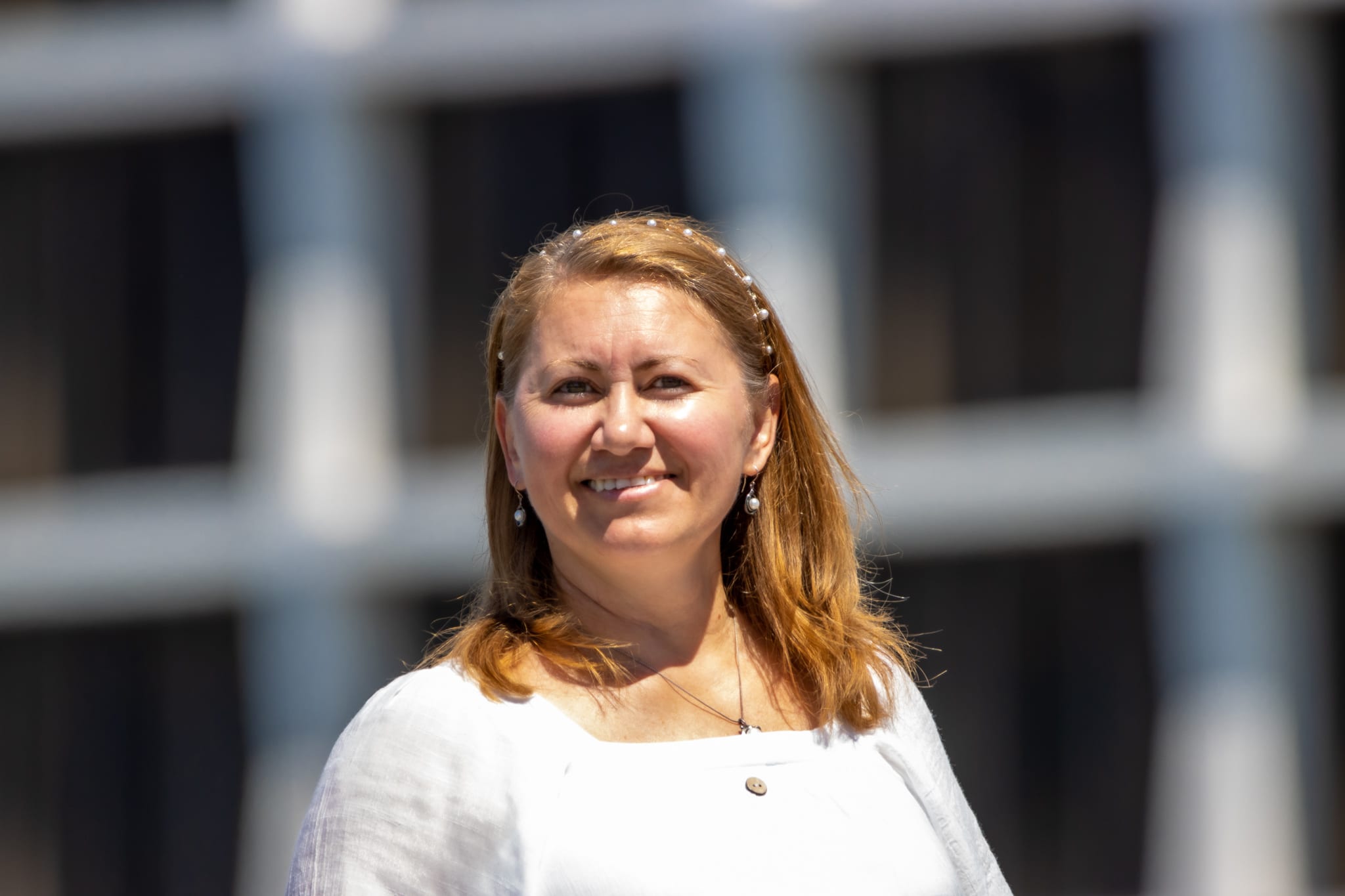
July 2021 was supposed to be a life-changing month for Giselle Sitdykova.
For more than a year, the 45-year-old had been working from home in Oak Park, California, as an analytics manager for a mortgage company. Remote work suddenly gave her four hours back to her day free of commuting and shuttling her 11-year-old son to and from school. With more time and energy, she launched her own company: Dwellics, a website that gives personal recommendations for people planning to move.
By the summer of 2021, Sitdykova’s employer planned to bring everyone back to the office. Not ready to give up on her own business, Sitdykova joined the Great Resignation and quit her job.
Quitting added to her work burnout
Sitdykova gave her notice on June 1 and officially became her own boss on July 2.
The act was “freeing,” she tells CNBC Make It: “I feel like I can take life back into my own hands.”
She spent months preparing her finances, including refinancing her house and cutting her personal spending — but she couldn’t have prepared for the adjustment of leaving the workforce.
“For about a month after I quit, I still felt the stress from my old workplace and the office politics,” she says. She would have taken a vacation but was concerned about traveling due to Covid. Instead, she threw herself into working on her new company full-time.
It was also hard to shift her mindset from working for a big company to suddenly being on her own. “I always associated myself with my job title, salary and being in the corporate environment,” Sitdykova says. “Suddenly, I had no title, no salary, and my new business didn’t have a name yet. It’s like moving from a nice house to an empty lot and starting to build from the foundation up, where you hope that at some point what you build will be bigger than the house you once had.”
She worked non-stop through the stress and uncertainty for weeks. “By August, I had to give myself a break,” she says.
Stepping back to move forward
Though she couldn’t travel far, Sitdykova began taking her son to the neighborhood pool and park every day for the rest of the summer. It was enough to help her step back from her new business to physically and mentally recharge.
In September, Sitdykova, who has hosted several foster kids over the years, received word that a 16-year-old in her county was in need of permanent placement.
“At first I was worried about taking another child in when I didn’t have a job,” Sitdykova says, “but he fit in so well with our family and shares a lot of interests with my son.”
With more control over her time and her work day, Sitdykova realized she could be a more present foster parent. “Because I work for myself from home, I have a lot more time to help him adjust to living with us, to listen to his problems, and to be patient with him. He does online school and will likely stay with us until he turns 18.” Sitdykova is now his primary guardian.
With all the new changes, Sitdykova says “by the end of September I felt like I was back to my old self. I was so happy and productive and energetic. I had time to slow down.”
Lessons learned in starting over
Sitdykova says the only thing she regrets about her quitting experience is that she didn’t do it sooner.
“Just two years ago I was set on the corporate life,” she says. “Now, I can’t believe I thought I fit into that environment. It was like fitting a square peg in a round hole.”
She’s surprised by how quickly she built up a network of other founders who can help her navigate launching a business or simply offer words of encouragement from afar.
“I thought that once I was out of the corporate life, with no title or money or company behind me, no one would want to help me,” Sitdykova says.
She also enjoys leading a team: “I get to hire talented people from around the world – I have an analyst in Russia, a developer in Utah and marketer in Idaho,” she says. “Before, I had no control over who was hired at my company. Now, I get to select exactly the people I want to work with.”
Most importantly, Sitdykova can focus on how work fits around family time. Starting over in her career hasn’t been too hard with a family support system behind her, she says: “I’ve done this before, when I came to the United States 20-plus years ago. I didn’t have a home or a job and didn’t even know English. I was alone. Now, I have my son. I’m doing this not just for myself, but also for my family.”
Check out:
These 3 women quit without another job lined up—here’s how they financially prepared
3 women who quit their jobs this year on the biggest lessons they learned and their advice to others
This 37-year-old quit due to burnout—how she’s avoiding walking into another ‘dumpster fire’ at work
Sign up now: Get smarter about your money and career with our weekly newsletter




